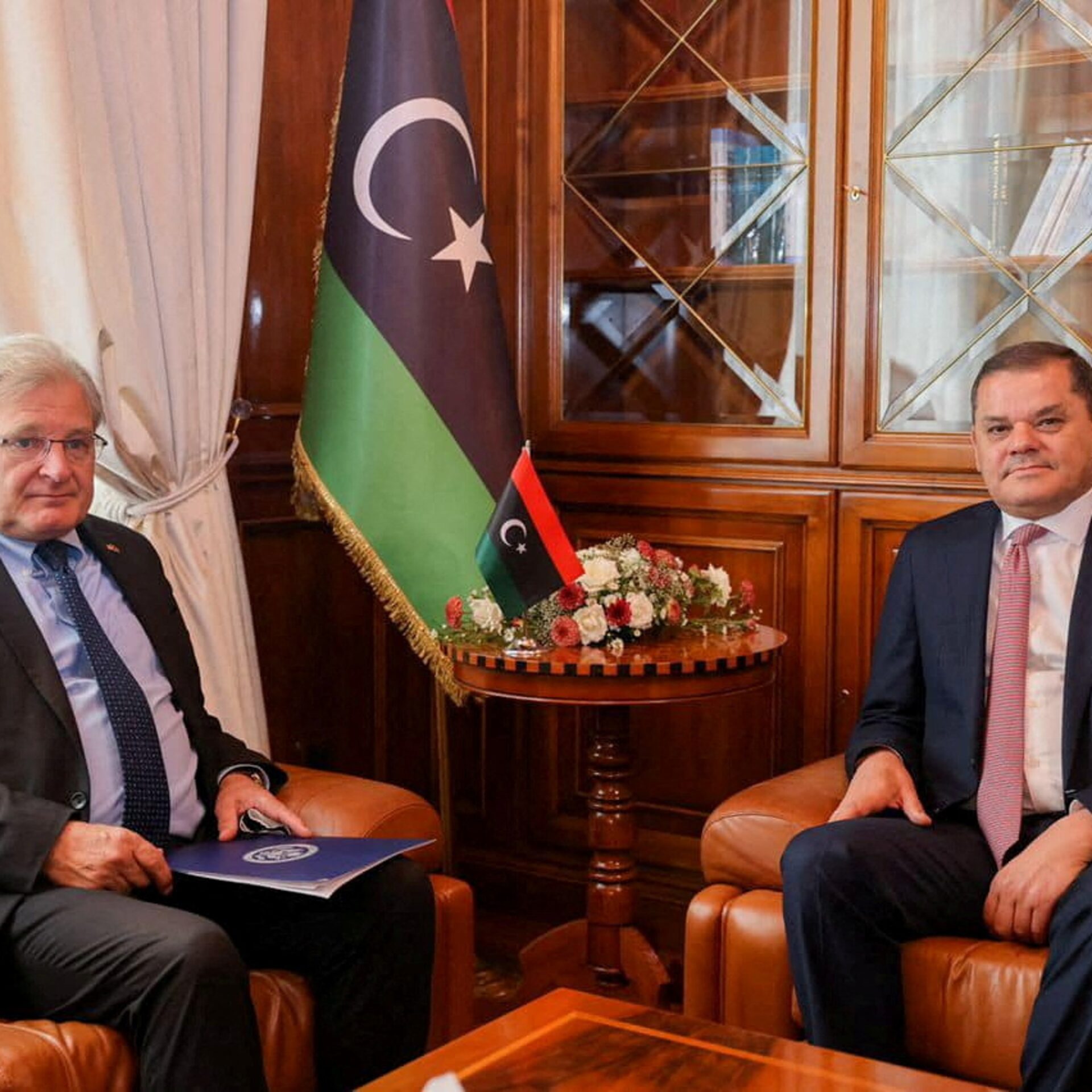
The parliament of Libya agrees an additional $18.3 billion for the administration that has been appointed
A parliament spokeswoman claimed that the eastern-based parliament of Libya authorized an additional budget of 88 billion Libyan dinars ($18.3 billion) for its chosen government for the remainder of the current year on Wednesday.
According to spokesman Abdullah Belhaiq, the clearance was given unanimously during a closed session.
A budget of ninety billion Libyan dinars was approved by the House of Representatives (HoR) at the end of April for the government of Osama Hamad, which is based in Benghazi. Hamad took office in March 2023 and is allied with Khalifa Haftar, the military commander who rules most of the eastern and southern regions of Libya.
Since the NATO-backed rebellion against Muammar Gaddafi in 2011, Libya has seen little peace, and in 2014, it broke up into rival eastern and western factions.
The U.N.-backed process of 2021 saw the installation of Abdulhamid al-Dbeibah as interim prime minister, who is in charge of the Government of National Unity in Tripoli.
The first authorized budget included a deficit, according to HoR member Saltana al-Mosmari. Following up with sectors and municipalities, a few HoR members learned that the initial budget “was not enough.”
“It [the budget] will be spent on all Libyan territories and will be allocated to the Libyan government,” stated Mosmari.
It was said by House of Representatives member Aisha Tublqi that the additional budget “would be implemented by the central Bank.”
It is uncertain, however, if the money will be given to the Benghazi-based Hamad government by Sadiq Kabir, the governor of the Central Bank of Libya (CBL) in Tripoli.
Three days ago, the CBL released a statement stating that during a rare meeting in Cairo, Kabir and speaker of the House of Representatives Aguila Saleh had talked about “steps taken to adopt a 2024 unified budget.”
Libya’s oil revenues are a vital source of income, and the CBL is the only globally recognized custodian for such funds. On Wednesday, it was unavailable for quick comment.
Libya could return to administrative division and warfare as a result of the disagreement over state funding and governance, as well as the political solution to end the country’s years of violent upheaval.
The U.N. deputy representative, Stephanie Koury, stated that unifying a national budget “is an absolute necessity” in her report to the Security Council last month.
All Categories
Recent Posts
Tags
+13162306000
zoneyetu@yahoo.com



